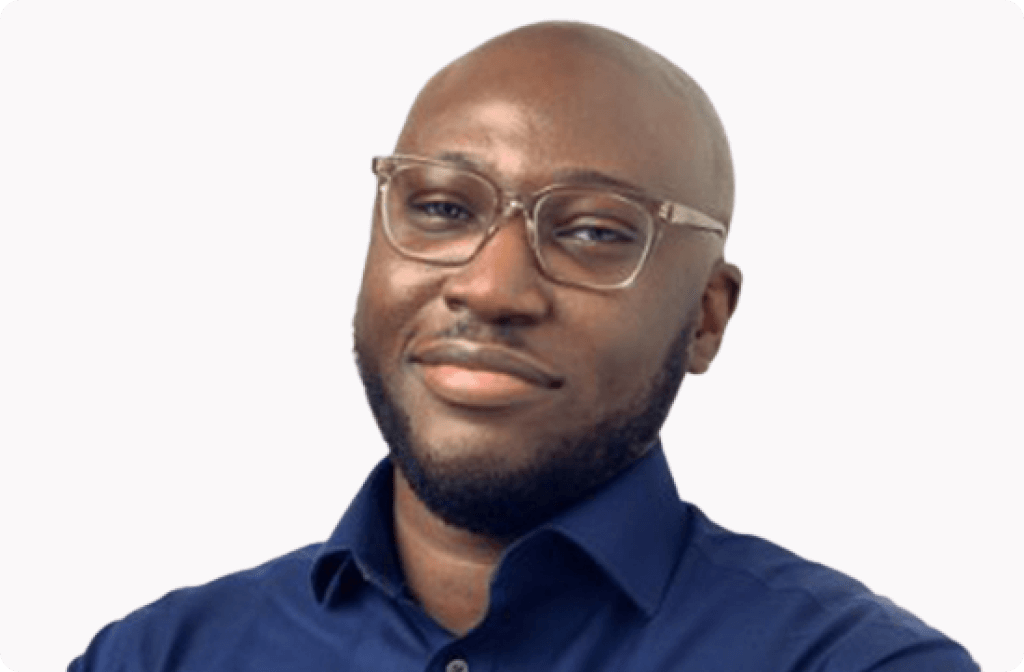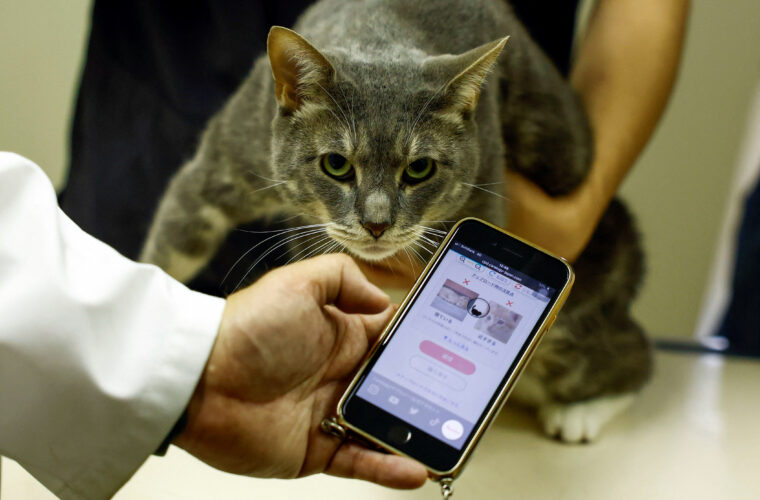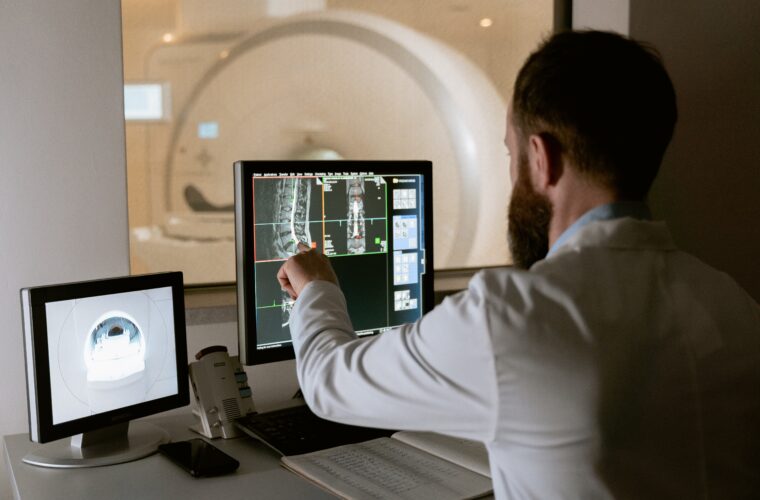54gene, the startup that wants to put Africa on the world genetic map
Analysing people’s DNA is necessary to identify health problems to which one is predisposed. This is especially true when it expands to the masses, so as to obtain information on the health of the population. So far, however, there has been a problem because there is a lot of genetic data but the vast majority of DNA studied by scientists relates to people of Caucasian origin (particularly Europe, the UK and North America). This is partly because these areas are fairly homogeneous genetically, so research in this regard is easier.
Almost excluded from the study is African DNA, which accounts for about 3% of the genetic material currently used for pharmaceutical research. This is a derisory percentage because people of African ancestry make up more than 17% of the world’s population and are genetically the most different from other populations around the globe. This means that some 1.3 billion people are excluded from health databases.
Goal and need: improve health care for Africans
Changing this scenario by building Africa’s largest biobank is the ambition of 54gene, whose goal is to significantly improve the diversity of genomic data used for the discovery, diagnosis and treatment of diseases by increasing the availability of and access to genomic data by the population of the Dark Continent. A compulsory move to generate an impact on the quality of healthcare through the discovery of new drugs (effective in positive cases even for non-African people).
Founded in 2019 by Dr Abasi Ene-Obong, who is the current CEO, the health technology company has its headquarters in Washington, D.C. and a laboratory facility in Lagos, Nigeria’s capital. The idea of sequencing African genomes to tailor medical solutions to the population of the continent’s 54 countries (hence the company’s name) attracted the interest of Y Combinator, where the business model for 54gene was refined, before closing a $4.5m funding round led by the popular US startup accelerator.

With an excellent background behind him, including a PhD in cancer biology from the University of London, a Masters in business administration from Claremont College in California and a Masters in human molecular genetics from Imperial College London, Ene-Obong returned to Nigeria to set up his company and create the conditions to sample genetic material useful in the search for effective countermeasures against cancer, cardiovascular, metabolic, neurodegenerative and sickle cell diseases. The other major area of interest is infectious diseases, with a particular focus on those most prevalent in Africa, such as HIV, malaria, tuberculosis, hepatitis B and Lassa fever.
Health company with cutting-edge technology
To succeed, 54gene relies on a state-of-the-art laboratory with equipment worth more than $1 million and partnerships with health and research institutions in African countries to conduct research that generates primary and biospecific data. Regarding the processing of the data obtained, the company does not sell information to partners, including pharmaceutical companies, but receives money when they tap into the biobank, which contains several tens of thousands of samples, obtained with the person’s informed consent.
To ensure the privacy of individuals, shared samples are devoid of any information that could identify the people from whom they were taken. However, participants can request at any time to withdraw their samples and destroy them. Authorisation to access partner data and samples is decided on a case-by-case basis by an access committee, which chooses according to availability and research objectives.
54gene’s rapid growth was helped by a Series A investment round in April 2020 that raised $15 million, thanks to resources put into the project by Adjuvant Capital, a VC firm backed by The Bill and Melinda Gates Foundation and Novartis, to expand the biobank with more than 200,000 samples, a goal postponed due to the Covid-19 pandemic.
The change of gear has however been initiated at a technological level, with the help of the NovaSeq 6000 system developed by the American company Illumina, which makes it possible to cut the time for sequencing the human genome from two weeks to 6-8 hours. This is a major step forward, not least because 54gene is the only private company in the whole of Africa equipped with such a tool.
To understand the impact of whole-genome sequencing in terms of health progress, the following five aspects can be kept in mind:
– Personalised plans to treat the disease based not only on the mutant genes causing it, but also on other genes in the patient’s genome.
– Less toxic treatment options for chemotherapy, as therapy is tailored to the results of patients’ cancer genotyping that identify misregulated genes.
– Insights that highlight previously unknown genes and mechanisms that may contribute to a disease state that traditional genetic testing may overlook.
– Derived insights into the efficacy of drugs or the adverse effects of drug use on an individual’s or a population’s system.

- The effects that lifestyle or environmental changes contribute to genetic predispositions.
As the amount of data collected expands, it was also important for 54gene to rely on tools that could manage large-scale heterogeneous scientific information to reduce study time. To do this, 54gene partnered with Paradigm4, an American company based in Waltham, Massachusetts. This enabled the Ene-Obong-led group to use the Reveal Biobank application, which allows researchers to seamlessly combine different data sources such as genotypes, phenotypes, biomedical imaging and medical records to cross-reference and enrich research, generating useful insights for new treatments and diagnoses.
Although the company’s work is still at an early stage, 54gene’s model is an effective example for Nigeria and the African continent to invest in biotechnology, an industry that, looking beyond the health sector, represents a market estimated at around $448 billion, which with an annual growth rate of over 7% should reach 833.34 billion by 2027.



